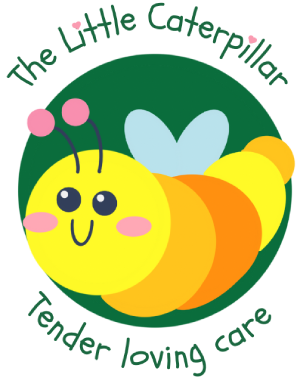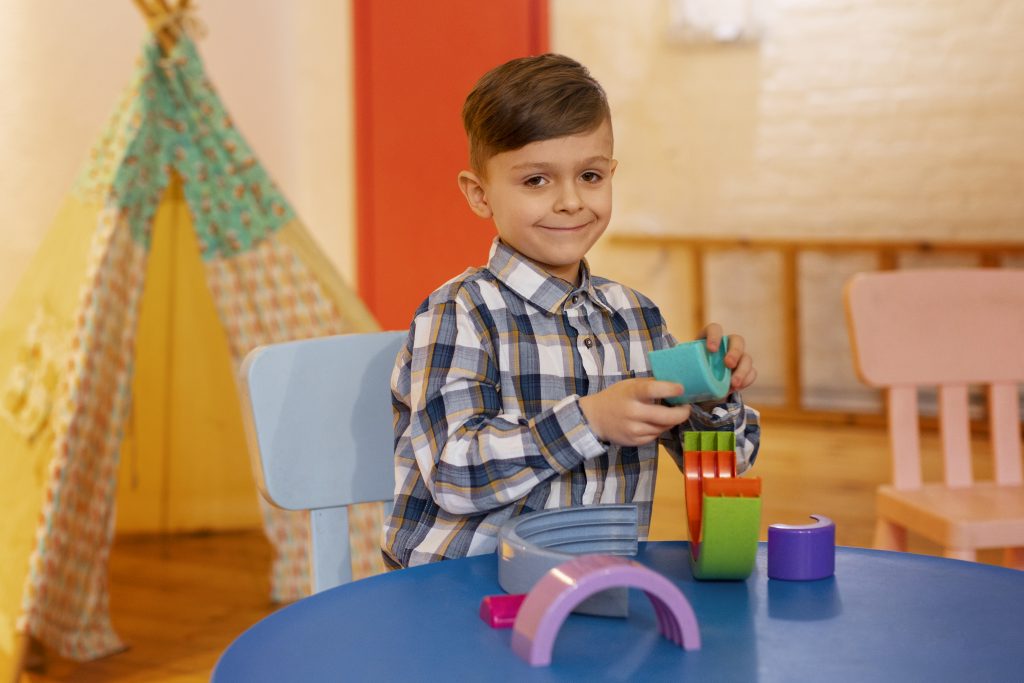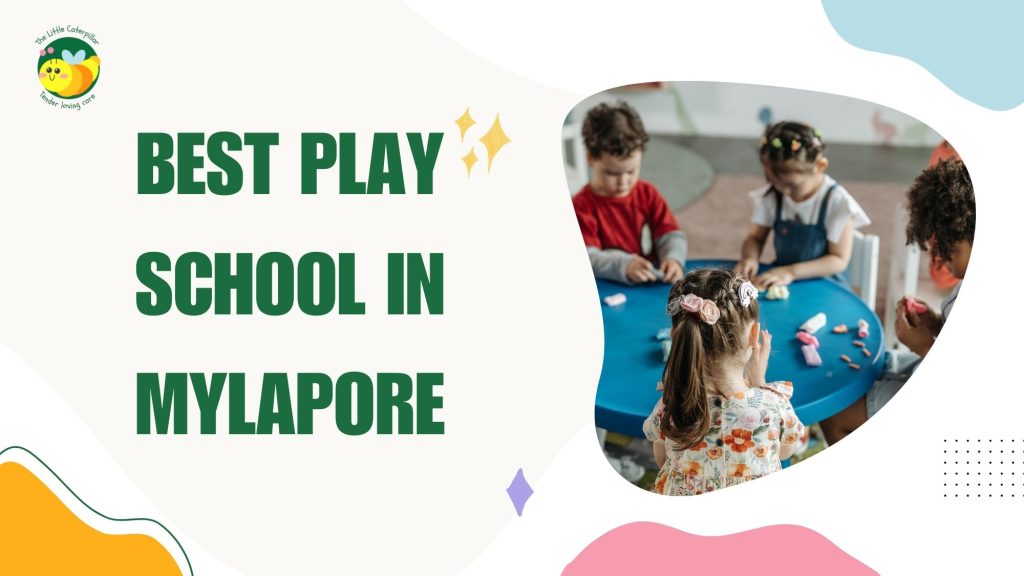Table of Contents
Some reading for parents of toddlers to be prepared for the first day of school
Introduction
The shift from home to school is a big moment in a toddler’s life, filled with a mix of excitement, curiosity, and maybe a little anxiety. It’s a time of change that both children and parents can feel nervous about. As a parent, helping your toddler get ready for this transition involves more than just packing a bag or picking out the right clothes. It’s about preparing them emotionally, thinking through the practical details, supporting their independence, and setting up strong communication with their new school. This guide will dive deeper into these essential elements and provide helpful tips to make sure the change goes as smoothly as possible for both you and your little one.
Emotional Readiness: Preparing Your Toddler for Change
One of the first things to consider is how your toddler will emotionally handle the change from home to school. For many children, leaving the comfort and safety of their home can feel overwhelming. It’s perfectly natural for toddlers to feel some level of fear or anxiety about this new environment. To help ease these feelings, take time to talk about the upcoming transition. Explain in simple terms what school will be like focusing on the fun and exciting parts, such as making new friends, playing games, and learning new things. Be sure to acknowledge their feelings and reassure them that it’s okay to feel nervous. Creating a calm, supportive environment at home can help build confidence and make them feel more secure about this big step.
Practical Considerations: Setting Up for Success
Preparing for school involves more than just emotional readiness—it’s also about making sure you’ve got all the practical things in place. This includes things like buying the right school supplies, packing a nutritious lunch, and making sure your toddler is comfortable with their new routine. Start by visiting the school, if possible, so your child can see where they will spend their day. This can make the environment feel less intimidating when the first day arrives. Establishing a consistent morning routine is also key. Routines help toddlers feel secure and know what to expect each day, which can reduce anxiety and help them transition into the school day more smoothly.
Fostering Independence: Building Confidence in Your Toddler
School is a great opportunity for your toddler to develop more independence. Start encouraging small tasks at home that build their confidence. Simple things like dressing themselves, cleaning up after playtime, or putting their shoes on can all contribute to a sense of accomplishment. It’s important to praise their efforts, even if things don’t always go perfectly. This helps them understand that making mistakes is okay and part of the learning process. When they feel more capable in these small tasks, they’ll be better equipped to handle the challenges of school with confidence.
Positive Communication: Working Together with the School
A smooth transition also depends on open and positive communication between you and your toddler’s school. Before the school year begins, take time to meet with the teachers and staff. Ask about their approach to helping children settle in and how they support toddlers who may be feeling anxious. Make sure to share any important details about your child’s needs or preferences, such as favorite activities or comforting routines that could help them feel more at ease. Maintaining an ongoing dialogue with the school throughout the year ensures you can stay informed about your toddler’s progress and address any concerns as they arise.
By focusing on emotional preparation, practical steps, fostering independence, and establishing strong communication, you can help your toddler navigate this new chapter with confidence. This transition is an exciting milestone in their development, and with your support, they’ll be ready to embrace it with a sense of curiosity and joy.
Emotional Preparation
Emotional preparation is crucial as toddlers navigate the new experience of school. Parents can help by:
1. Talking About School
Discussing what to expect at school, such as new friends, teachers, and activities, can alleviate anxiety.
2. Reading Books About Starting School
There are numerous children’s books that explore the theme of starting school, helping toddlers understand and normalize the experience.
3. Visiting the School
Familiarizing your child with the school environment through visits can reduce anxiety on the first day.
4. Establishing a Routine
Creating a predictable routine at home can provide a sense of security for your toddler, making transitions easier.
5. Encouraging Independence
Gradually encouraging your child to do things independently, such as dressing themselves or managing basic tasks, builds confidence.
Practical Considerations
Preparing practically ensures your toddler is equipped for the logistics of school:
1. School Supplies
Ensure your child has all necessary supplies such as a backpack, lunchbox, and stationery.
2. Labeling Belongings
Labeling your toddler’s belongings helps prevent items from getting lost.
3. Organizing Transportation
Arrange transportation to and from school, whether it’s by car, bus, or walking.
4. Understanding School Policies
Familiarize yourself with school policies on attendance, pick-up/drop-off procedures, and communication channels.
5. Health and Immunizations
Ensure your child’s health records and immunizations are up-to-date as required by the school.
Fostering Independence
Encouraging independence prepares toddlers for the responsibilities of school life:
1. Self-Help Skills
Teach your child to dress themselves, use the restroom independently, and manage basic hygiene.
2. Decision Making
Involve your child in age-appropriate decision-making, such as choosing snacks for school or picking out clothes.
3. Problem-Solving Skills
Help your child develop problem-solving skills by encouraging them to find solutions to everyday challenges.
4. Responsibility
Assign simple chores at home to instill a sense of responsibility and independence.
5. Encouraging Social Skills
Organize playdates or social activities to help your child learn to share, take turns, and communicate with peers.
Communication with the School
Effective communication with the school sets a positive foundation:
1. Attend Orientation Events
Attend school orientations or meet-the-teacher events to familiarize yourself and your child with school staff and policies.
2. Establish Contact Information
Provide the school with updated contact information and emergency contacts.
3. Ask Questions
Don’t hesitate to ask questions about school routines, curriculum, and how you can support your child’s learning.
4. Stay Informed
Stay informed about school events, important dates, and your child’s progress through newsletters, emails, or school apps.
5. Open Dialogue
Maintain an open dialogue with teachers or caregivers to address any concerns or share insights about your child’s development.
Supporting Social Development
Social development is key as toddlers learn to interact with peers and navigate new social environments:
1. Role-Playing Social Scenarios
Practice social interactions through role-playing scenarios like sharing toys or taking turns.
2. Encouraging Empathy
Teach your child to consider others’ feelings and perspectives, fostering empathy and kindness.
3. Promoting Play Skills
Encourage play activities that promote cooperation, communication, and problem-solving among peers.
4. Positive Reinforcement
Acknowledge and praise your child’s efforts in social situations, reinforcing positive behaviors.
5. Addressing Anxiety
Be empathetic and supportive if your child experiences separation anxiety or difficulty adjusting to social settings.
Conclusion
Preparing your toddler for school involves emotional readiness, practical considerations, fostering independence, establishing communication with the school, and supporting social development. By addressing these aspects proactively, parents can help their toddlers transition smoothly into the school environment, setting a positive foundation for their future academic and social success.
References
- Epstein, A. S. (2009). The intentional family: Simple rituals to strengthen family ties. Da Capo Press.
- Fabes, R. A., & Martin, C. L. (2009). Exploring early childhood teachers’ perception of their classroom management training. Early Child Development and Care, 179(3), 349-362.
- Gartrell, D. (2016). Essentials of early childhood education. Pearson.
- Pianta, R. C., La Paro, K. M., & Hamre, B. K. (2008). Classroom assessment scoring system (CLASS) manual: Pre-K. Paul H. Brookes Publishing Co.



